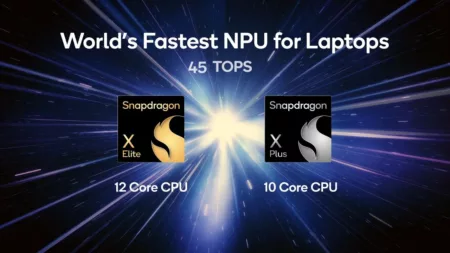Avast Free Antivirus, together with subsidiary AVG, has served as top-shelf alternative for seasoned, paid options and has shared extremely good market-share with the current top ranked antivirus solutions out there. But has anyone asked the question of why Avast maintains its free antivirus solution? Well, the cost may be your information. Such is the case with Avast Free Antivirus which collects browsing information and history from its users and is then sold to companies that can use these information.
Avast has went out and claimed that they’re data is completely anonymous but PCMag reports that this is easily circumvented.
Historically, Avast has had decent reviews from users due to its effectiveness. Over time, it’s added more features to its free option and a larger one form the premium, paid version. Upon installation, users will be prompted about data collection and as most of us do, just press next. Others who do read the prompt will know that Avast ensures users that data is anonymized and aggregated to protect individual identities. Its been revealed that Avast is collecting much more than just granular data and this is causing concern.
https://www.youtube.com/watch?v=ST1J8eRaLrU
Avast has relationships with major companies like Google, Pepsi and many others. User data is marketed via its subsidiary, Jumpshot. Internal documents from Jumpshot gathered by PCMag, reveals that Avast is tracking user click activity as fine as to the second.
Jumpshot’s data format is below:
Device ID: abc123x Date: 2019/12/01 Hour Minute Second: 12:03:05 Domain: Amazon.com Product: Apple iPad Pro 10.5 – 2017 Model – 256GB, Rose Gold Behavior: Add to Cart
By itself, this data is useless. But paired with an activity source like the one that Amazon and similar platforms have, a user can easily be paired to a series of clicks from these data. Amazon can match the information gathered to their own database of user activity and via this data matching, will have uncovered the identity of the user complete with a more detailed record of activities and preferences.
Jumpshot offers various marketing solutions to its clients, including portions of the data they have collected through Avast. One product from Jumpshot allows identifying what product a user has clicked. Jumpshot also offers an “All clicks feed” which includes all information. Jumpshot offers the information without the device IDs but has sold data with device IDs previously to Omnicom Media Group in 2018.
Avast was already busted by Mozilla last year for snooping behavior and harvesting information and has recently removed tracking features from its Chrome browser extension. In contrast though, the desktop programs still continue to collect click information.





